
Natural Oral Care for Seniors: How Ginger and Lemon May Support a Brighter Smile Over Time
Ginger and Lemon for Seniors: A Natural Path to a Healthier, Brighter Smile
As we age, maintaining a healthy and confident smile becomes more important than ever—but also more challenging. Sensitive gums, dry mouth, and years of wear can all impact oral health. Thankfully, natural remedies such as ginger and lemon are gaining recognition for their gentle yet effective support. These common kitchen ingredients may help freshen breath, soothe irritated gums, and brighten teeth when used correctly and in moderation.
In this article, we’ll explore how older adults can incorporate ginger and lemon into their oral care routines safely—backed by science and practical guidance—to help keep their smiles shining well into their golden years.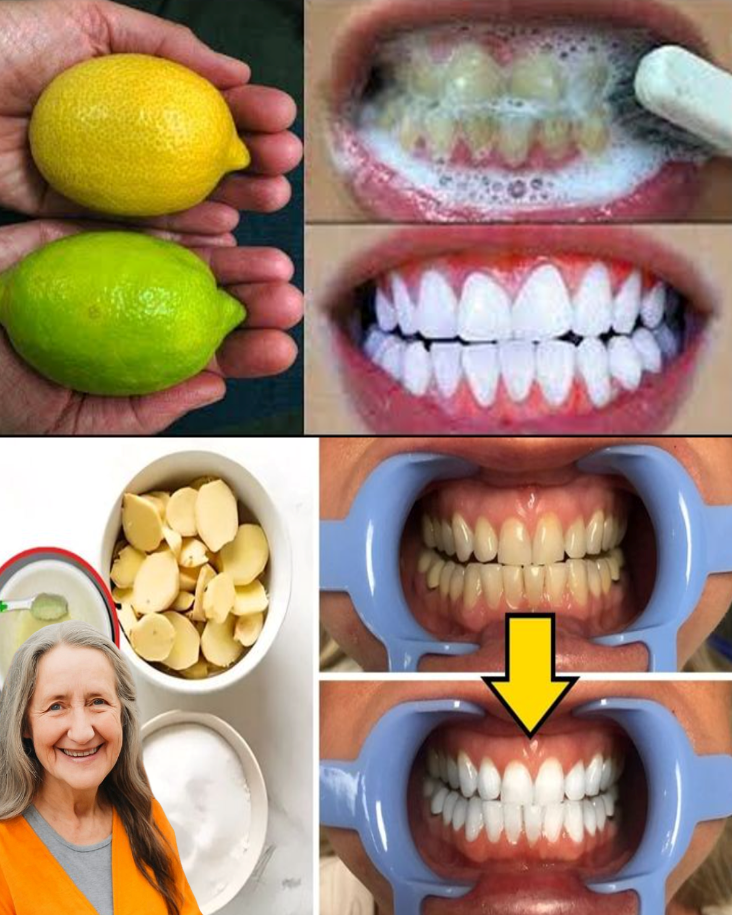
Why Oral Health Is Essential for Older Adults
Oral health is a vital part of overall well-being, especially for seniors. According to the CDC, nearly 68% of adults aged 65 and older have gum disease, and dry mouth—a frequent side effect of common medications—can significantly increase the risk of cavities and infection.
Beyond discomfort, poor oral health can affect nutrition, speech, self-esteem, and even heart health. Research from Harvard Health has shown a strong connection between gum disease and cardiovascular disease. That’s why proactive oral care—including natural approaches—can make a meaningful difference.
Ginger and lemon, with their anti-inflammatory and antibacterial qualities, offer a gentle, supportive way to care for aging smiles—when used alongside professional dental treatment.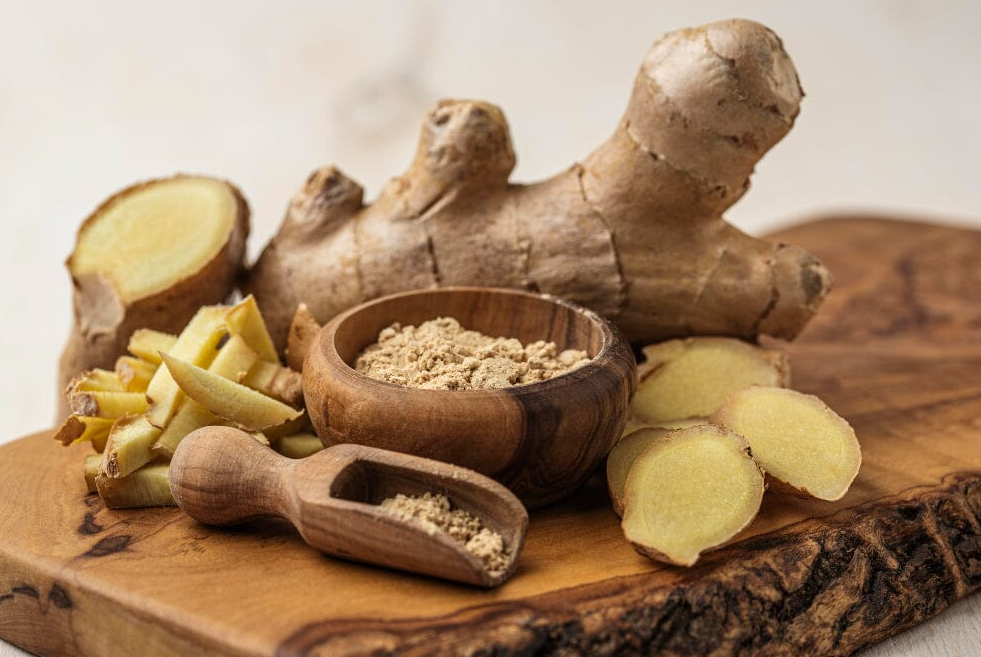
Common Oral Health Challenges Faced by Seniors
Aging introduces several specific oral care concerns, including:
-
Gum sensitivity: Receding gums can make brushing or flossing painful.
-
Dry mouth (xerostomia): Reduced saliva from age or medications makes teeth more vulnerable to decay.
-
Tooth discoloration: Decades of exposure to coffee, tea, or red wine may leave teeth stained or yellowed.
-
Weakened enamel: Aging enamel is thinner and more prone to erosion or chips.
-
Dental restorations: Crowns, bridges, and fillings require extra care and may be sensitive to certain ingredients.
While natural remedies won’t replace regular dental visits or good hygiene habits, they can be a helpful complement to a consistent, senior-friendly oral care plan.
Ginger’s Role in Supporting Oral Health
Ginger, a pungent root with centuries of use in traditional medicine, is well-known for its anti-inflammatory, antioxidant, and antibacterial properties. It may provide relief for seniors with irritated gums or mild bacterial buildup.
Key Benefits of Ginger for the Mouth:
-
Reduces gum inflammation: Ginger contains gingerol, a compound shown in studies (e.g., Journal of Clinical Periodontology) to calm inflamed gum tissue.
-
Combats bacteria: Ginger may inhibit oral pathogens like Porphyromonas gingivalis, linked to plaque and gum disease.
-
Freshens breath: Its natural spice and aroma can neutralize odors, especially beneficial for those with dry mouth.
-
Supports immunity: Ginger’s antioxidants may help support the body’s natural defense system, including in the oral cavity.
Using Ginger Safely
Ginger is potent. For those on blood thinners or with medical conditions, it’s best to check with a healthcare provider before daily use. Also, its strong flavor may irritate sensitive mouths, so moderation is key.
Lemon’s Oral Health Potential: Use with Caution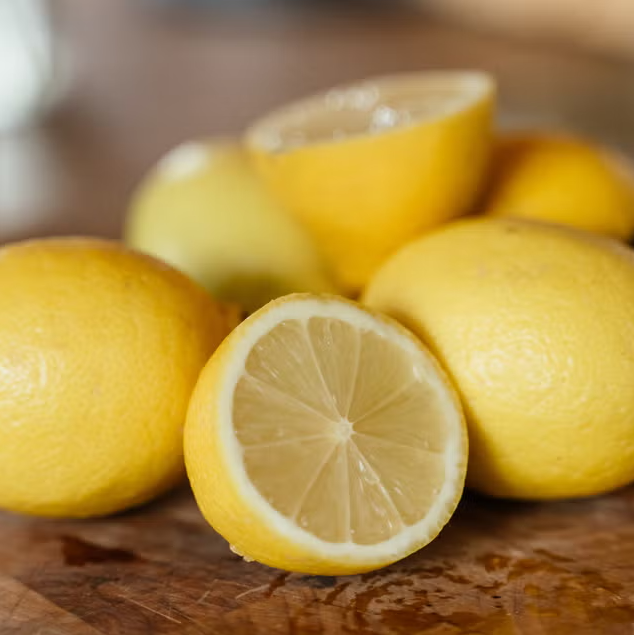
Lemon, rich in vitamin C and citric acid, may help gently whiten teeth and support gum tissue. Vitamin C is essential for collagen production, which supports healthy gums and connective tissue.
Benefits of Lemon in Oral Care:
-
Improves gum health: According to the National Institutes of Health, vitamin C may reduce inflammation and bleeding in gums.
-
Natural whitening effect: Citric acid can help lift superficial stains from tooth enamel when used occasionally.
-
Stimulates saliva: The sourness of lemon encourages saliva production, which helps wash away bacteria and food particles.
Important Precautions:
Despite these benefits, lemon’s high acidity can erode enamel over time. Always dilute lemon juice and avoid brushing immediately after using it. After using lemon-based remedies, rinse with plain water to neutralize acids.
How to Incorporate Ginger and Lemon into Your Oral Care Routine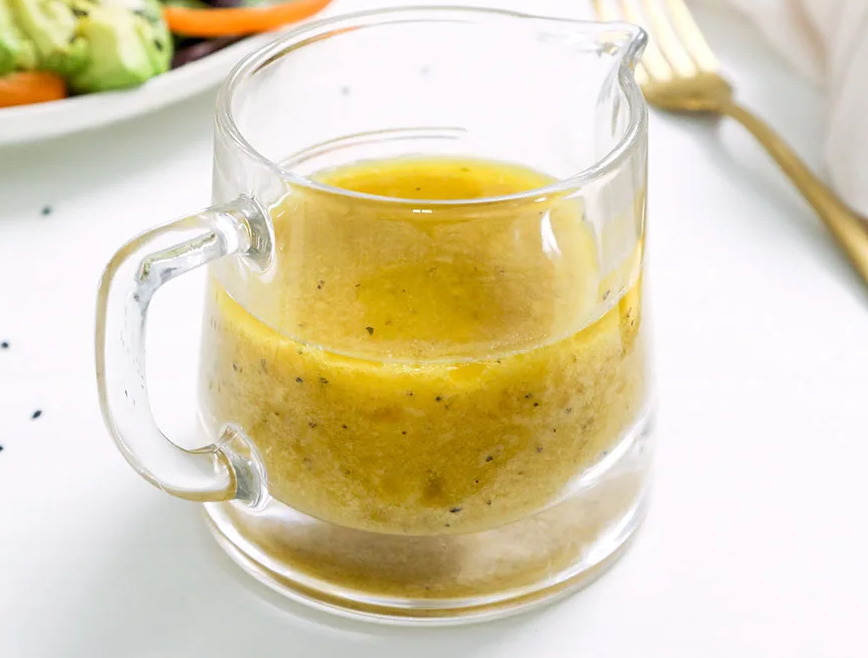
These simple, natural recipes are easy to try at home—but always consult with your dentist first, especially if you have crowns, fillings, or sensitivity.
1. Ginger-Lemon Mouth Rinse
This soothing rinse helps fight bacteria and freshens breath.
Ingredients:
-
1 teaspoon fresh ginger juice (grated and squeezed)
-
1 tablespoon fresh lemon juice
-
1 cup warm water
Instructions:
-
Mix all ingredients well.
-
Swish in the mouth for 30–45 seconds.
-
Spit out; do not swallow.
-
Rinse with plain water immediately afterward.
-
Use once or twice per week, preferably after brushing.
2. Ginger-Lemon Toothpaste Booster
Enhance your daily toothpaste for extra cleansing power.
Ingredients:
-
½ teaspoon grated fresh ginger
-
½ teaspoon lemon juice
-
A small amount of fluoride-based, non-abrasive toothpaste
Instructions:
-
Mix all ingredients together.
-
Brush gently for 1–2 minutes, focusing on stained areas.
-
Rinse thoroughly with water.
-
Follow with regular toothpaste if desired.
Tip: Do not use more than once a week to protect enamel.
Extra Safety Tips for Seniors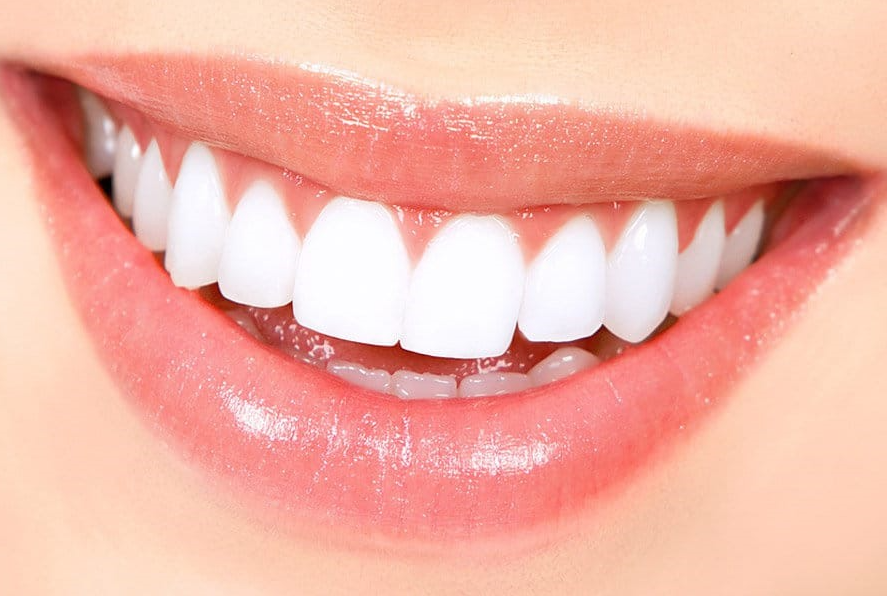
Even though these remedies are natural, seniors should follow these best practices:
-
Always dilute lemon juice: Never apply pure lemon juice directly to teeth.
-
Limit use to once or twice a week to avoid gum irritation or enamel damage.
-
Stop use if irritation or discomfort occurs.
-
Consult a doctor if taking medications, especially blood thinners or acid-reducing drugs.
-
Avoid lemon or ginger near crowns or fillings, which may be more sensitive.
The Appeal of Natural Remedies Among Seniors
According to a 2024 survey by the American Association of Retired Persons (AARP), 59% of seniors prefer natural remedies for health and wellness, citing affordability, familiarity, and fewer side effects. Many are inspired by tips shared through community groups or social media.
Natural oral care resonates with older adults because it promotes self-reliance, is cost-effective, and uses ingredients they already trust. Still, organizations like the American Dental Association (ADA) remind us: natural methods are a supplement, not a substitute for professional care.
Building a Senior-Friendly Oral Health Routine
Ginger and lemon can be a helpful part of a bigger picture. For long-term oral health, the following daily habits are recommended by the CDC and dental professionals:
-
Brush twice daily with a soft-bristled toothbrush and fluoride toothpaste.
-
Floss or use interdental brushes to clean between teeth.
-
Drink water frequently to fight dry mouth and rinse debris.
-
Limit sugary foods and choose tooth-friendly snacks like yogurt or cheese.
-
Visit the dentist every 6–12 months for cleanings and exams.
Adding ginger and lemon carefully can enhance your routine—but never skip regular checkups and professional guidance.
Final Thoughts: A Natural Boost for Brighter Smiles
Ginger and lemon offer a natural, accessible way for seniors to support their oral health. Their anti-inflammatory, antibacterial, and cleansing properties can gently reduce gum irritation, freshen breath, and enhance the appearance of teeth—if used wisely.
By combining these home remedies with daily hygiene and professional care, older adults can enjoy healthy, confident smiles for years to come.
✨ CTA: Have you tried a natural remedy for oral care? Share your favorite tip in the comments—we’d love to hear your experience! Or send this article to a loved one looking for gentle ways to brighten their smile naturally.
News in the same category

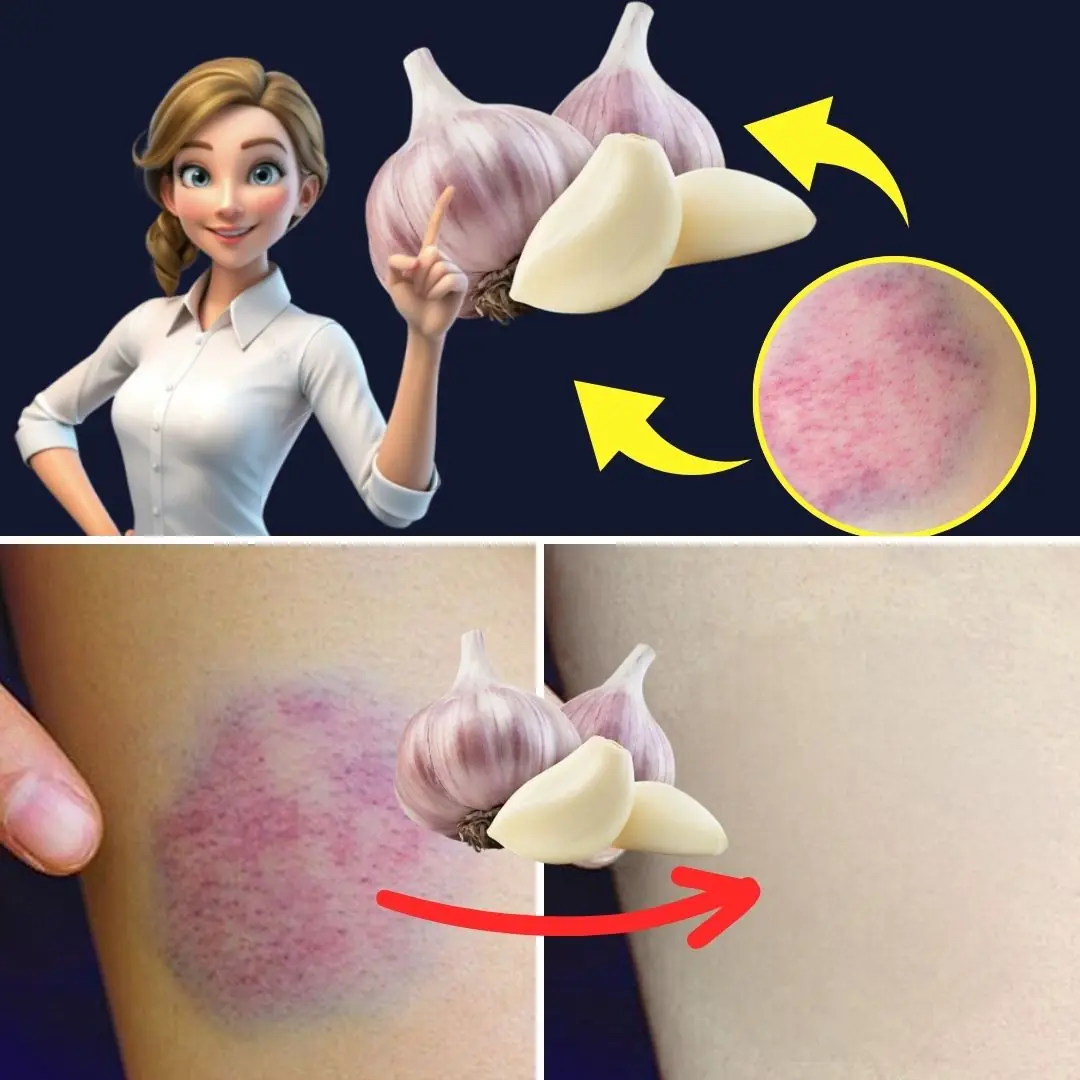
Can Garlic Support Healthier Veins Naturally?

Can Chia Seeds Support a Healthier Waistline Naturally?

Coffee with Ginger: A Tasty Wellness Drink Hiding in Your Kitchen

How Purslane Can Transform Health for Seniors Over 50: 7 Unexpected Benefits
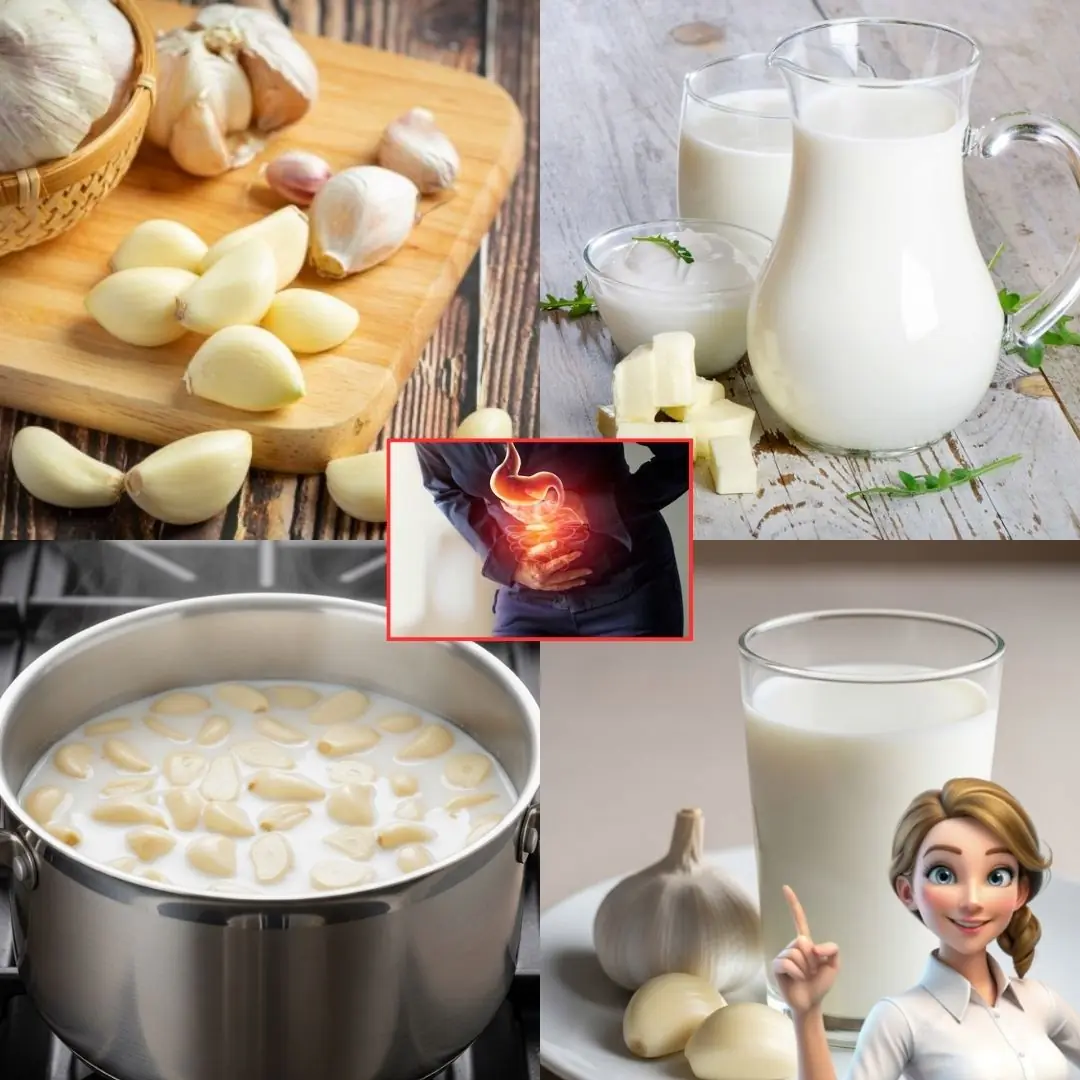
Boil Garlic in Milk and Drink It Once a Day – Here’s Why Your Body Will Thank You

Why You Should Prepare a Jar of Papaya Flowers Soaked in Honey This Winter

12 Moringa Seed Benefits You’ll Never Hear from Your Doctor (But You Should Know) 🌿✨

Wrinkle & Eye Bag Removal Naturally – Best Collagen Mask with Beetroot! 🧖♀️🌱

Bryophyllum Calycinum (Kalanchoe Pinnata): The Miracle Leaf with Remarkable Natural Benefits

8 Foods to Support Kidney Health and Manage Proteinuria
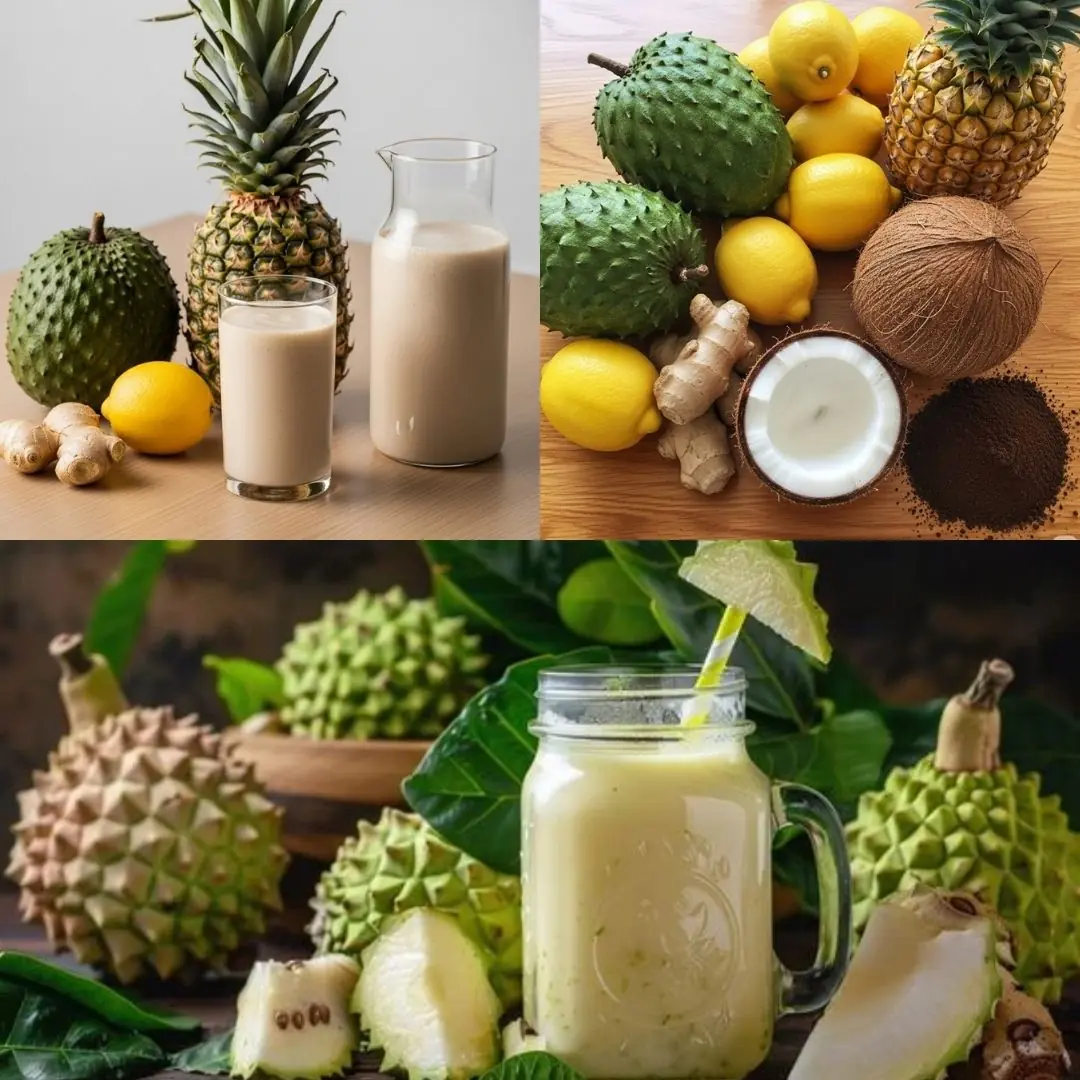
Let’s Make This Special Healthy Multi-Fruit Juice & Drink for Smooth Skin & a Strong Immune System

Natural Ways to Support Vision Health for Seniors

🌿 The Leaf That Destroys Cancer Cells – Why No One Is Talking About It | Barbara O’Neill’s Natural Approach
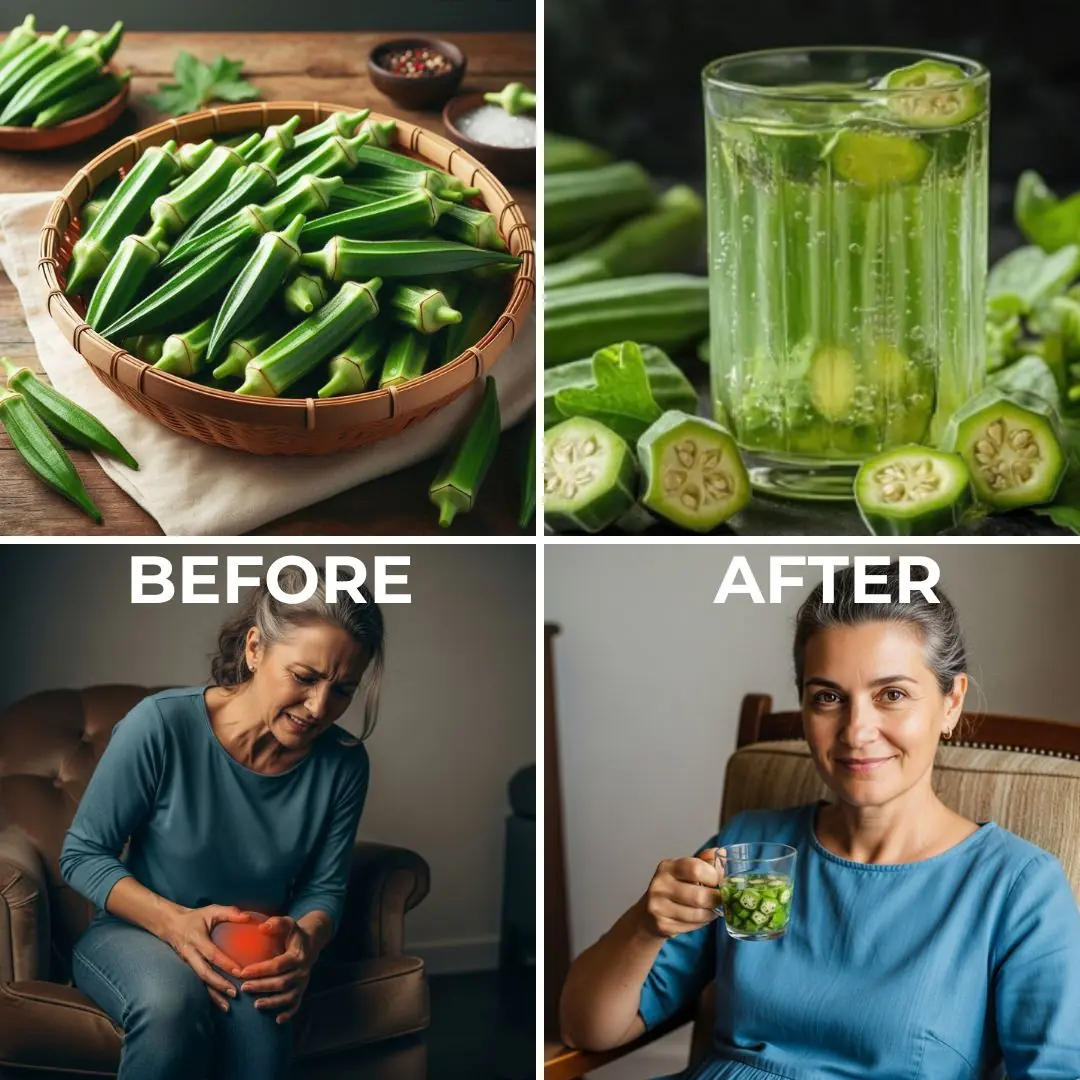
11 Powerful Reasons Your Whole Family Should Drink Okra Water Every Day
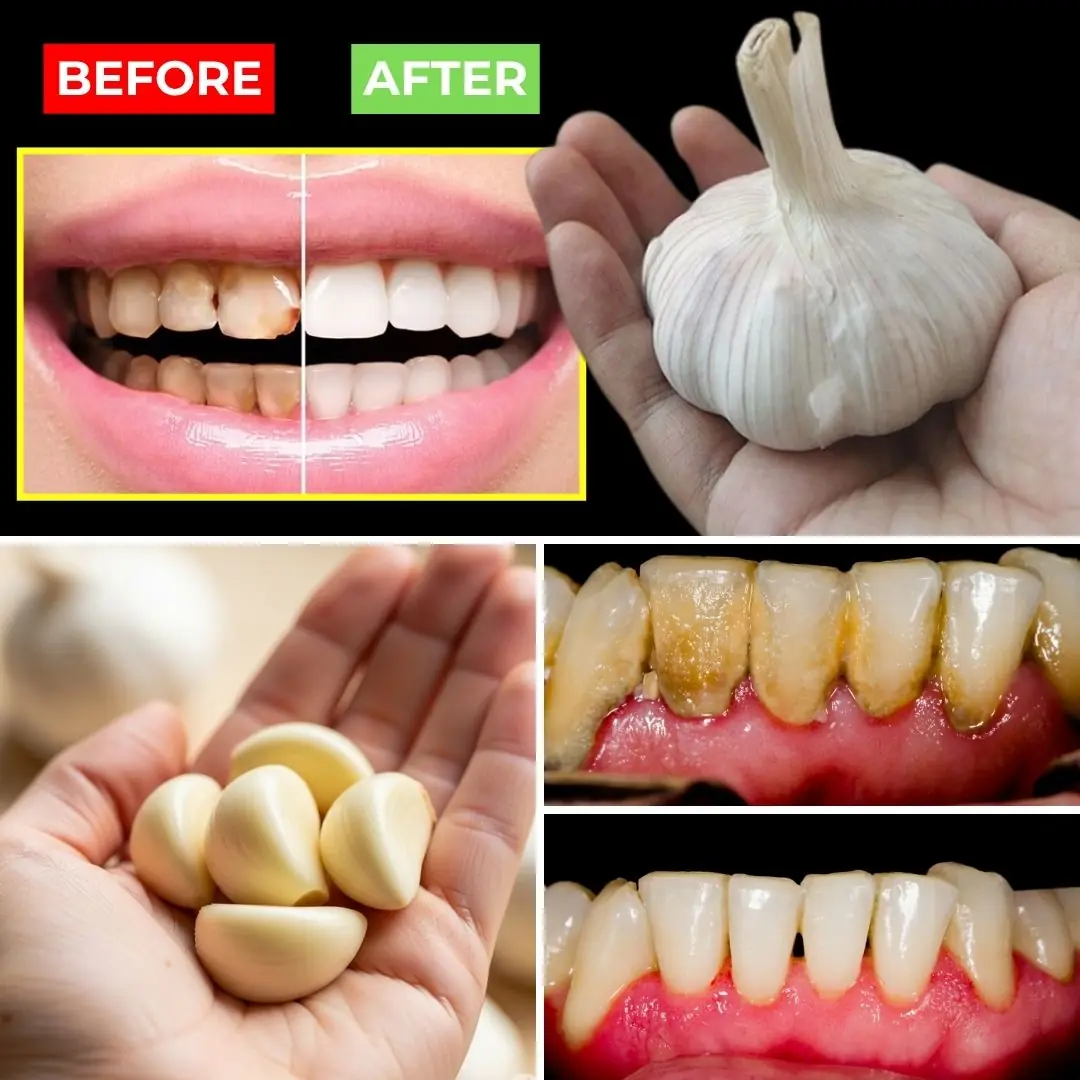
Improve Your Oral Health Naturally with Garlic

How to Use Castor Plant Leaves to Treat 12 Common Health Problems Naturally 🌿

Thyroid Issues Are Rising—Here's a Natural Drink That Could Help

Why Cloves, Ginger, and a Lipton Tea Bag Might Be the Golden Trio Your Body Needs
News Post

Experts Say Turning Off Wifi And Keeping Phones Out Of The Bedroom Could Boost Your Health

If You See A Woman Wearing A Wedding Ring On Her Pinky Finger Here’s What It Means

Experts Are Shedding Light on the ‘Death Rattle’ Phenomenon Before Passing

Experts Break Down How Far You’d Need To Be To Survive A Nuclear Blast

Scientists Finally Figure Out What’s Causing Girls to Get Periods at a Younger Age

Experts Warn 1,000ft Mega Tsunami Could Slam Into Us Coast — Is Your Hometown In Danger?

Man Who Predicted Covid Outbreak Reveals Chilling Warning About New Emerging Crisis

Top Foods to Avoid After 60 for Better Health

Flight Attendant Reveals Why Cabin Says Hello As You Board, and It’s Not What Think

10 Cities That Could Be Underwater by 2050. Here’s The Full List

Aspergillus Fungus Threatens Millions As It Spreads Due To Climate Change, Scientists Warn

The Incredible Story of a British Airways Pilot Who Survived Being Ejected from a Plane for 20 Minutes

Never keep these 4 relics after losing a loved one

Euphorbia Hirta: Nature’s Hidden Gem for Wellness

Can Garlic Support Healthier Veins Naturally?

Can Chia Seeds Support a Healthier Waistline Naturally?
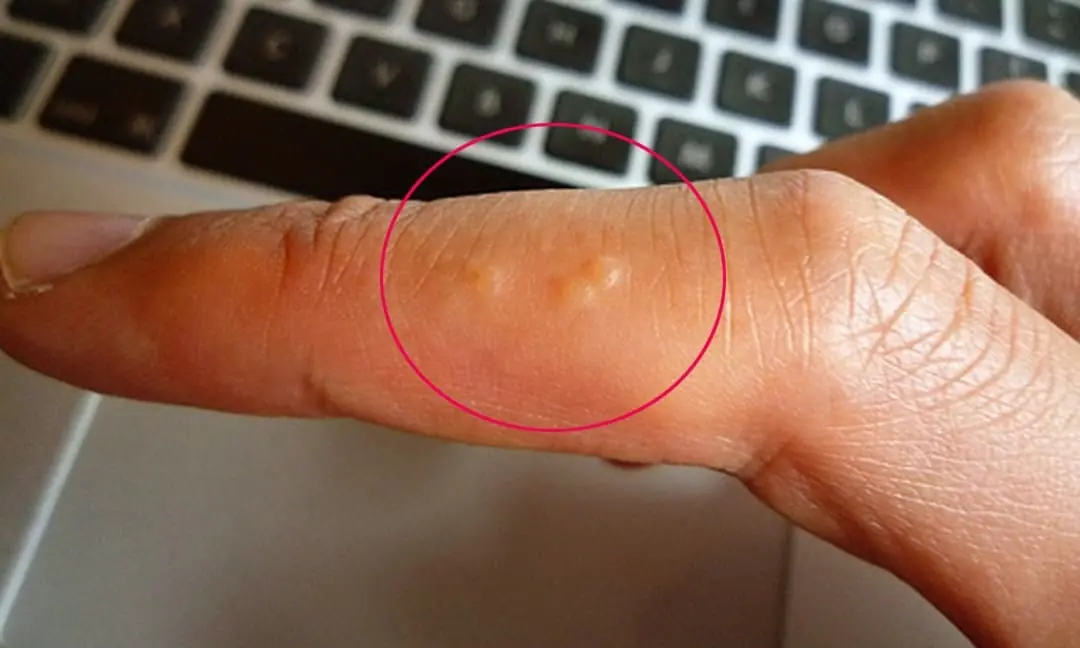
What Are the Tiny Blisters on Your Hands in Summer Trying to Tell You?

5 Pains in the Body That May Signal Early-Stage Cancer: Don’t Delay, or It May Spread

9 Early Warning Signs of Stomach Cancer: See a Doctor Immediately If You Have Even One
